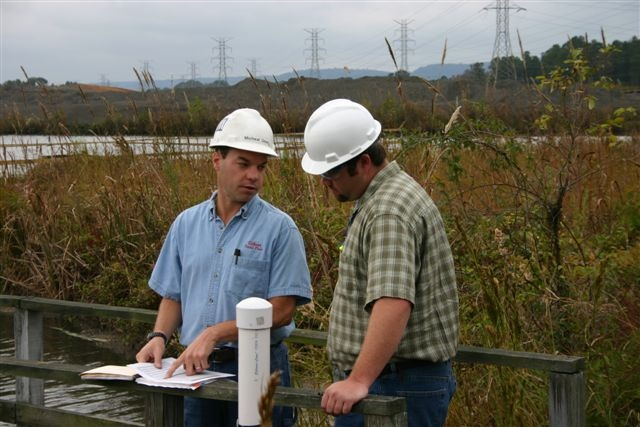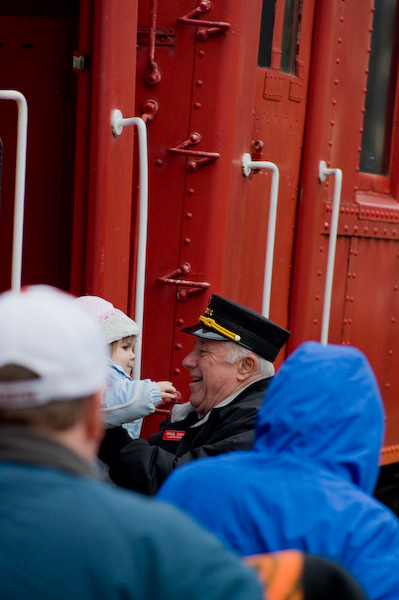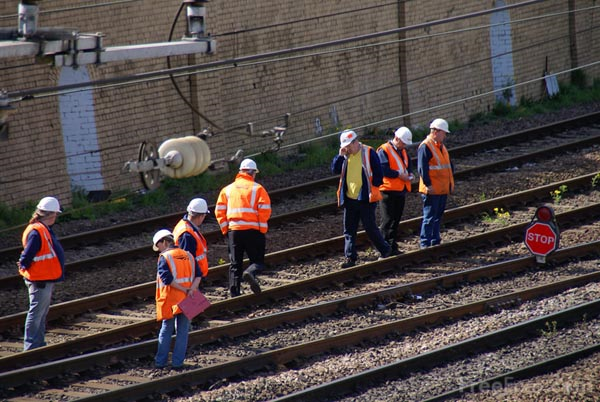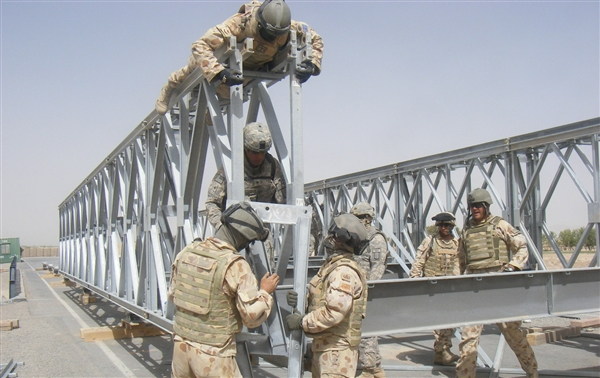
- •Unit 1. Career planning
- •Vocabulary
- •The Resume
- •Categories of an interview questions
- •Interview sample questions
- •Supplementary reading Exercise 1. Read the text about how to write a successful cv and answer the following questions.
- •Write a killer cv by Margie Sheedy, Sydney Morning Herald
- •Http://content.Mycareer.Com.Au/advice-research/resume/write-a-killer-cv.Aspx
- •Read each sentence. Then find the definition. Name the part of speech of underlined words (noun, verb, adjective, etc.).
- •Read the following passage. Which statement best expresses the main idea of it?
- •Identify the part of speech of the underlined words in the following sentences.
Unit 1. Career planning
Start up
Exercise 1. Look at the pictures. Guess the job in each picture. Why do these people work? You may use the reasons from the box below.
He/She
needs money. He/She likes to be active. He/She prefers to be
outdoors. He/She wants to use his/her education. He/She enjoys
helping others.
He/She
cares about the environment.
He/She
likes to be creative.


B.


C. D.


E. F.
Exercise 2. Make a list of your own reasons for working. Use the list from exercise 1, or make up your own. In small groups, discuss about your reasons of working. Talk about the perfect job for you. Answer these questions:
Do you have a job now? What is it?
What is your ideal job?
Why do you want to work?
Do your reasons for working match the job that you have now? Explain your answer.
Do your reasons for working match your ideal job? Explain your answer.
Exercise 3. Answer this question: What is your ideal job? Speak for 2 minutes.
Vocabulary
Exercise 1. Professional texts contain many new words. Some of them have definitions right in the passage. Sentences with definitions usually follow the verb be (is or are) or means. Read the sentences below and find the definitions.
Example: Data (a new word) are (the verb) information or facts (the definition).
Prominent means easy to see.
Marital status means being single or married.
An entry-level position is a job at a beginning or low level in a country.
Prospective means something that is possible in the future.
Context is the sentence or paragraph around a word.
Pristine means to be in perfect condition.
Brainstorming is thinking of ideas about a topic and writing them down.
Self-editing is checking your own work.
Peer editing means giving your work to a classmate to check. It helps you write better before your teacher sees your work.
An attitude is a feeling about something.
Exercise 2. Using dashes and brackets is another way to guess the meaning of new words. In the following text written by Dorian Soul, an Engineering Apprentice, try to explain the words in italics.
When I left school, I started work for a railway company, one of the biggest in the country, as a railwayman (a person who works on a railway). My apprenticeship – a way of combining work with practical training – lasts for four years. I’m in my final year now. It’s a good mix of work, which I get paid for, and study at the local university. I have day release – the system of allowing employees days off work to go on educational courses – to attend university. I learn things like working in teams, problem-solving, communication skills, using new technologies at work, and engineering subjects. I like learning while working, but it’s quite hard. Once I’m fully qualified and have a bit more experience, I hope to get promoted to team leader (a person who is in charge of a team of six) – more responsibility and better pay.
Did
you know?
A
railwayman
is chiefly British. Another term – a
railroader
– is used in America.
Reading and translation
Exercise 1. A resume is a list of information about a person. You use it to get a job. Look at the example of a resume and answer these questions.
What does a resume contain?
How long is a resume?
How does a resume look?
What does “a position” mean?
What verbs are used to describe work experience?
Why is information about personal interests important?
Why are references available on request?
Is a Russian resume different from an example given? Why?
Personal information |
|
||
Name |
Steve Page |
||
Address |
E-2 Apartment Heights Dr. Blacksburg, VA 24060 |
||
Phone |
(540) 555-0101 |
||
abcd@abc.com |
|||
Objective |
|||
Seek the Position of Railroad Engineer |
|||
Work experience |
|||
Dates |
2002 – Present |
||
Employer |
ABC Works Inc., Minneapolis, MN |
||
Position held |
Railroad Engineer |
||
Main activities and responsibilities |
• Run Steam, Gas Railroads and Speeder trains • Implement maintenance and safety pre-examine train and passenger car use. • Check coupling and brake. • Perform safety standards. • Implement maintenance and repair to all equipment consisting of steam, gas, speeder, passenger cars, empty cars used for rail ties, dump cars and side dump- cars used for track upgrading and repair. • Make required condition reports about the time and material cost estimates. • Do frequent statistics of tools and facility; give spare parts into the disposal and/or replacement. |
||
Education and training |
|||
Dates |
September 1998 – August 2002 |
||
Organization |
Florida State University |
||
Qualification |
Bachelor's Degree in Transport Engineering |
||
Main subjects/skills covered |
Engineering technology, Management and Engineering, Safe Railway Operation |
||
Personal skills and competences |
|||
Mother tongue |
English |
||
Other languages |
Good spoken French, some Russian |
||
Social skills |
Efficient in negotiating with customers and handling their complaints. Work well under the pressure |
||
Computer Skills
|
Office Packages like MS Word, MS Excel, MS Access, MS PowerPoint, MS Outlook Express Operating Systems like Windows 2000, Windows XP, Windows Vista |
||
Additional information |
|||
Clean driving licence |
|||
Personal interests including rock climbing and cycling |
|||
References |
|||
Available on request |
|||
Did
you know?
In
Britain, a
brief written account of your personal details, your education, and
the jobs you have had is called a
CV.
You can send a CV when you are applying for a job. CV is an
abbreviation for ‘curriculum vitae’. It is typically sent with a
job application. In America, we use a
resume.
Exercise 2. As you read the passage by American advisers, try to guess the meanings of new words from the context. Think about the answer to the following question: How do you organise a resume?

